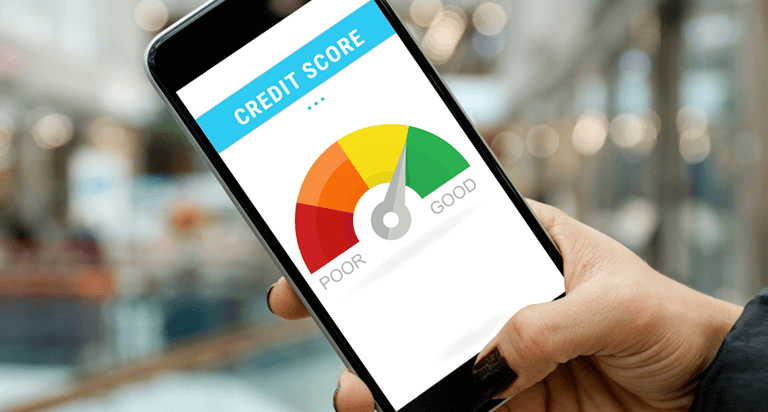Credit scores are a measure of your creditworthiness and are used by lenders to determine whether to offer you a loan. A good credit score can help you get approved for loans, insurance policies, and other types of financial products. A low credit score can make it difficult to borrow money or get approved for a loan. There is no one-size-fits-all answer to this question, as the fastest way to improve your credit score will vary depending on your individual credit file and history. However, some basic steps you can take to improve your credit score include paying your bills on time, maintaining a good credit history, and using a credit monitoring service.
How to improve your credit score: A guide to common strategies
If you’re looking to improve your credit score, here are some common strategies to consider:
Always pay your bills on time
If you want to improve your credit score, you need to always pay your bills on time. This will help show that you are responsible for your finances and can handle debt. There are a variety of strategies you can use to make sure you always pay your bills on time, such as setting up automatic payments or using a bill payment reminder service.
Maximize credit utilization
One way to improve your credit score is to maximize the amount of credit you use. For example, if you have a credit card that has a limit of $2,000 but you routinely use $3,000 in total, your credit utilization ratio would be 150 percent. This means that your total outstanding debt (credit card plus other loans and debts) is greater than what is allowed by your credit limit.
Keep a clean credit history
Keeping a clean credit history is one of the most important things you can do to improve your credit score. Not only will it help you get better terms on loans and credit cards, but it can also help you qualify for high-income home loans and car loans. By following these simple steps, you can keep your credit history in good shape and increase your odds of getting approved for the products you want.
Pay off your balances every month
Credit scores are a measure of your creditworthiness. They range from 300 to 850, with a higher score meaning you’re less likely to get loans or be sued in the future. Paying off your balances every month can help improve your score. Credit counseling can also help you improve your credit score.
Create a positive credit history
Improving your credit score is important for many reasons. Not the least of which is that a higher score means you may qualify for lower interest rates on loans. Also, as other types of financing. To build a good credit history, start by paying your bills on time and keep your credit utilization low. Also, avoid making too many credit inquiries, and don’t overextend yourself. Manage your credit properly. It can help you get a better rate on loans and other forms of financing.
5 steps to improve your credit score:
Improving your credit score is not a difficult task, but it does require some time and effort. Here are five time-tested methods that can help you improve your credit score:
1. Avoid credit card debt
Credit card debt can have a significant impact on your credit score. But there are ways to improve your score without taking on more debt. Pay off your balance in full each month and keep an eye on your utilization ratio. Which is the percentage of available credit that you’re using. Additionally, be sure to keep accurate billing information and pay your bills on time. A good credit score can help you get affordable loans and insurance products. So it’s worth taking the time to improve it.
2. Get a secured credit card
A secured credit card is a great way to improve your credit score while also securing funds. By using a secured card, you are responsible for paying back the credit card company if you don’t meet your monthly payment obligation. The advantage of a secured card is that it can help you build good credit history. Secured cards also have low-interest rates, which can help you save money over time.
3. Make sure you have no outstanding loans
If you want to improve your credit score, make sure you have no outstanding loans. This can be done by paying off any high-interest debts, keeping a low balance on your credit cards, and avoiding any new loans. By doing this, you’ll help to improve your credit history and score.
4. Check your credit report regularly
Credit reports are a valuable resource for both consumers and lenders. Checking your credit report regularly can help you identify any issues and improve your credit score. There are several ways to check your credit report, and each report is different. Some creditors also provide free access to their reports.
5. Use a credit monitoring service
If you want to improve your credit score, using a credit monitoring service can be a great way to do so. There are many credit score services. You can use claytoncredit.com. They are Cheap Credit Repair Services. A credit monitoring service will collect information about your credit activity. Also, send it to the three major credit bureaus every month. This will help you track your progress and make sure that you’re making all of your payments on time.
Conclusion:
In conclusion, improving your credit score takes time and effort. However, there are a number of steps you can take to make progress. Speak to a credit counseling service or credit monitoring service to get started. Also, keep updated on your progress so you can stay on track. Finally, don’t hesitate to ask for help if you fall behind or encounter any problems.
